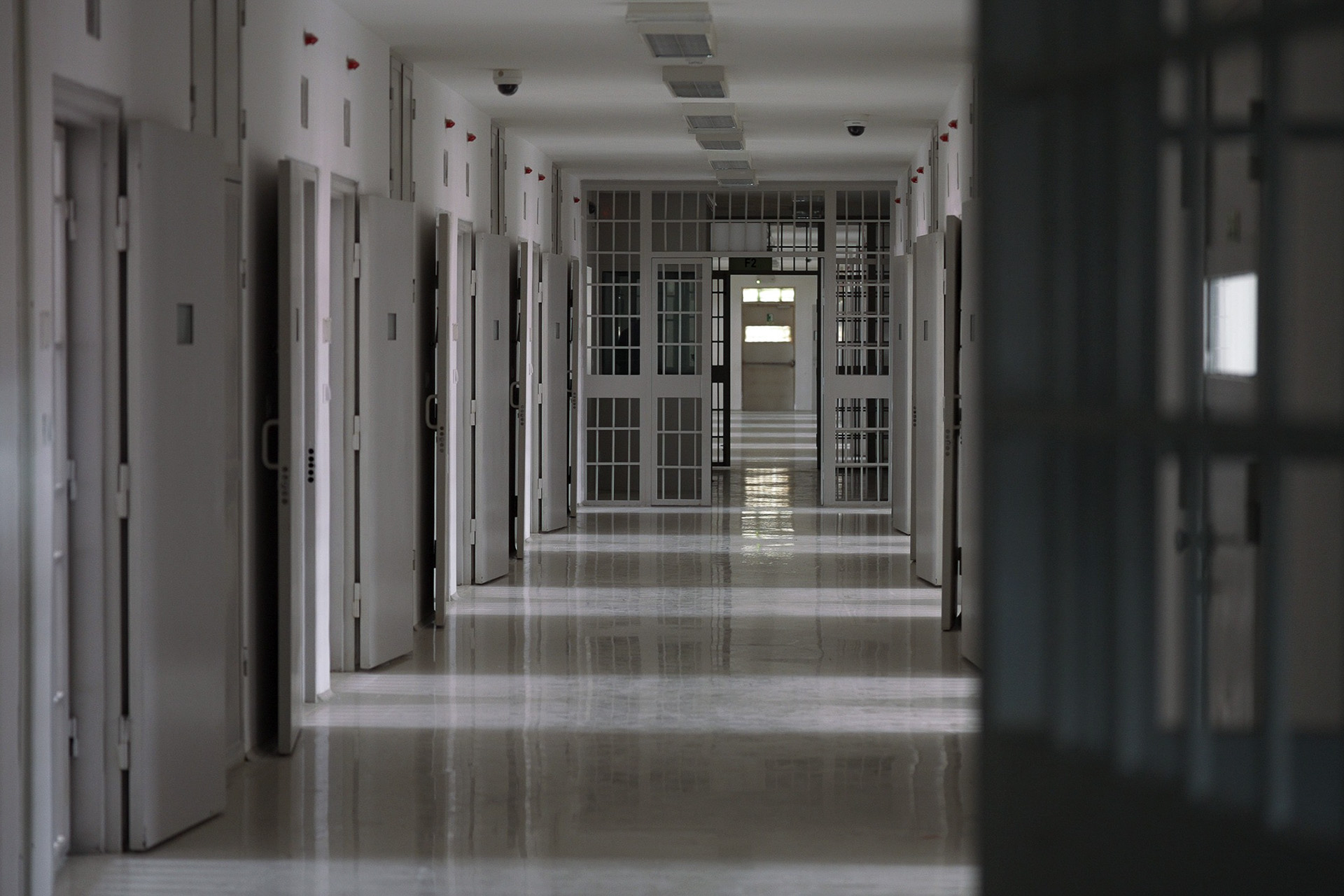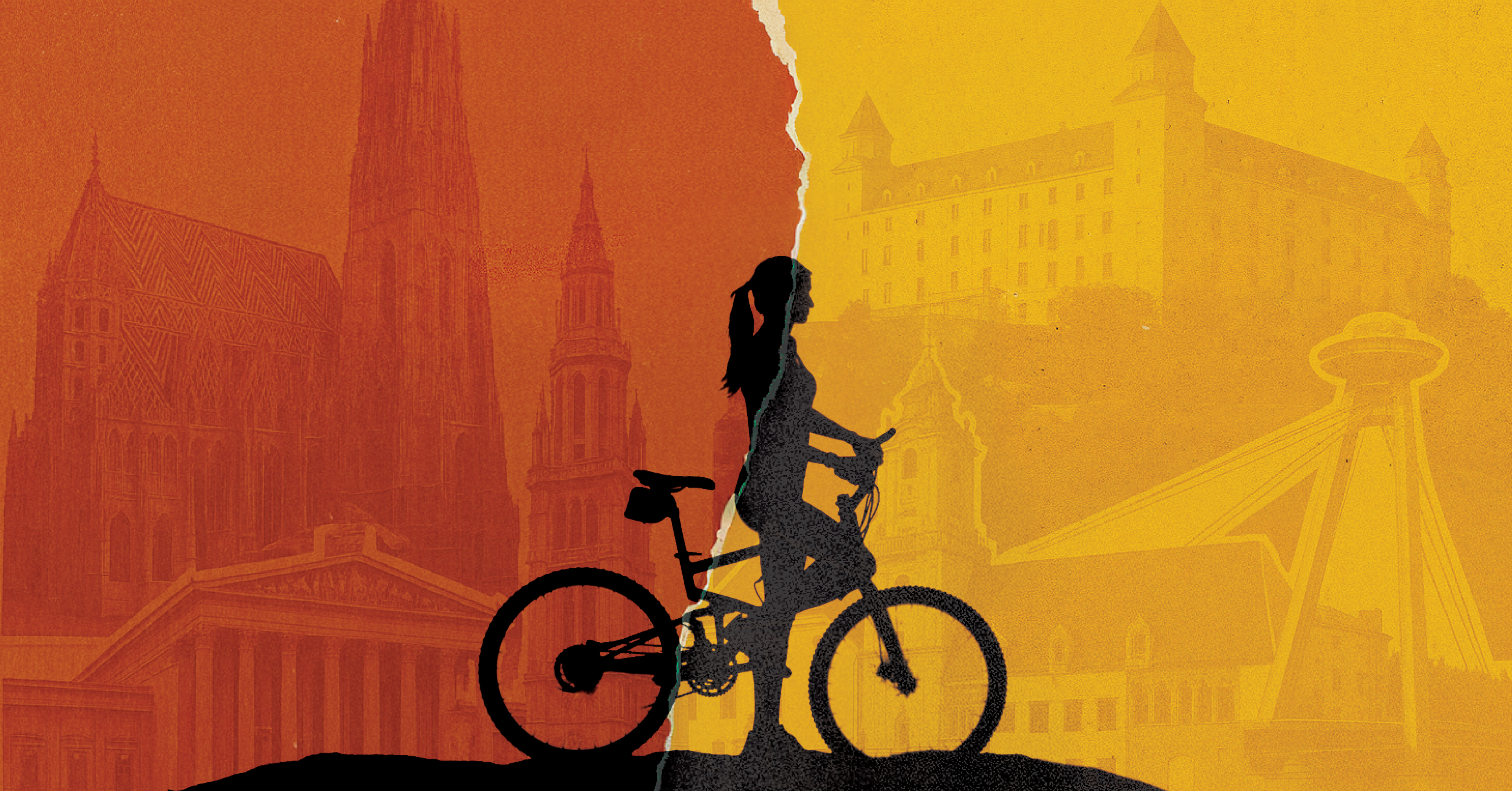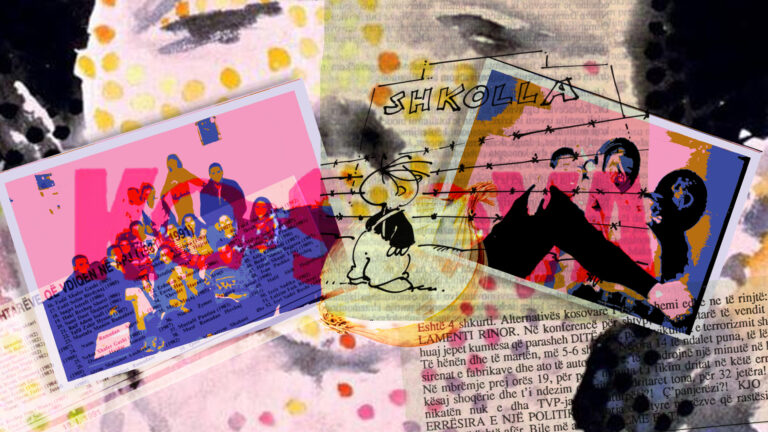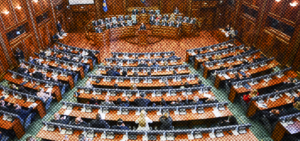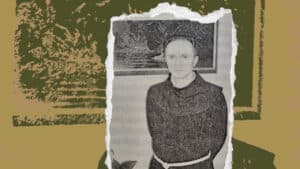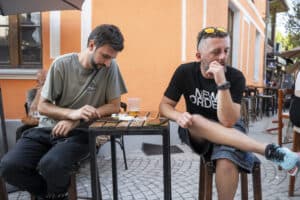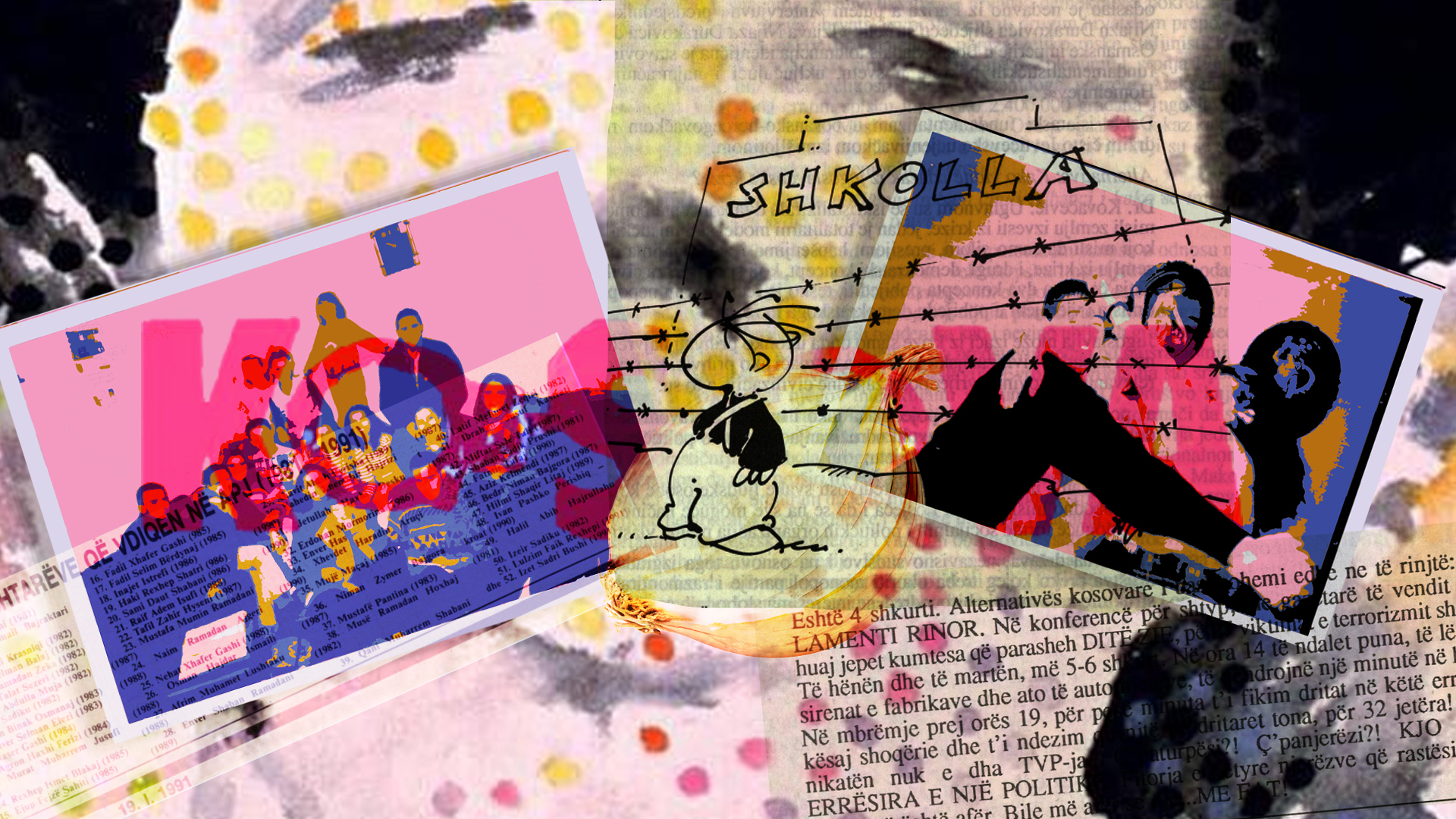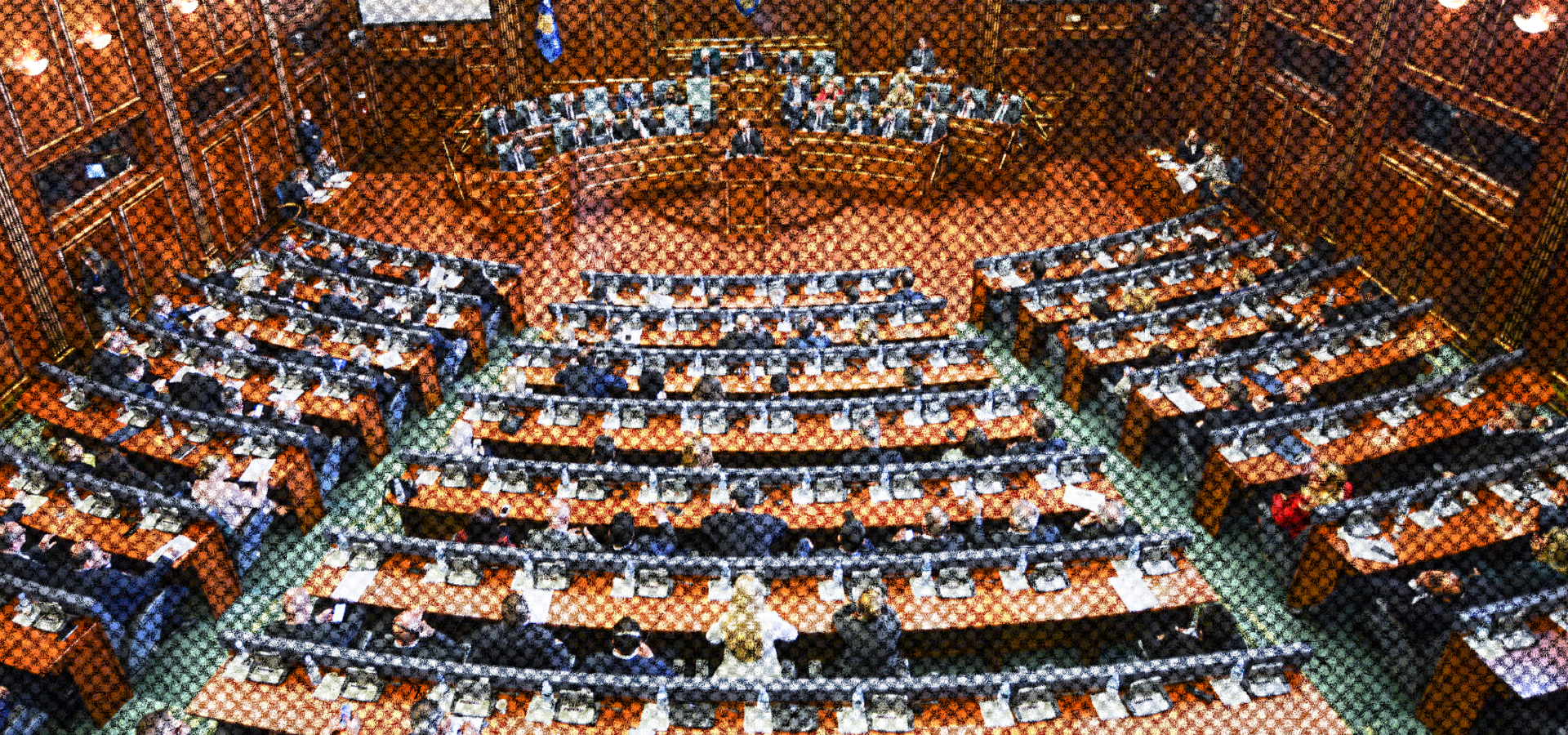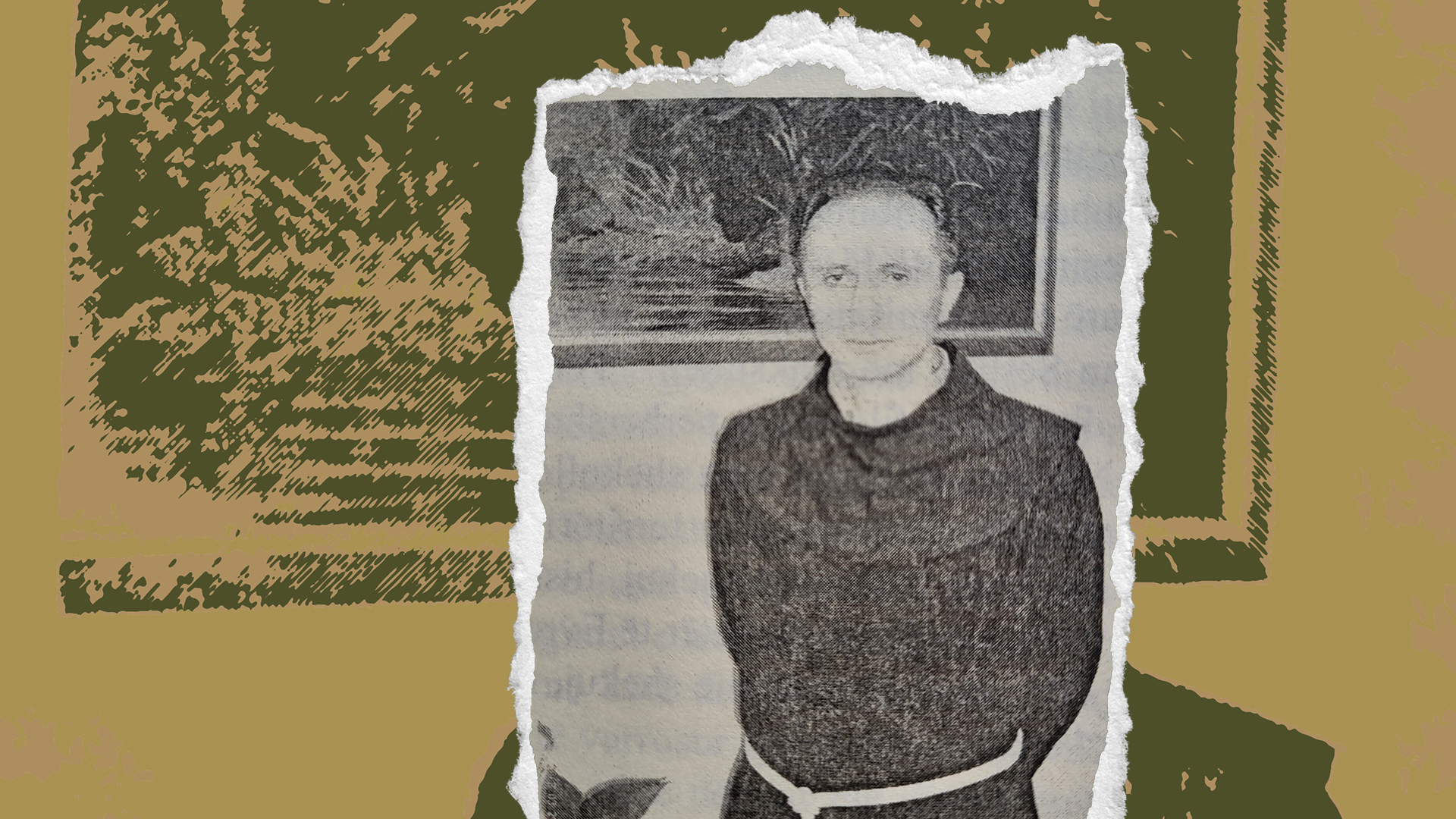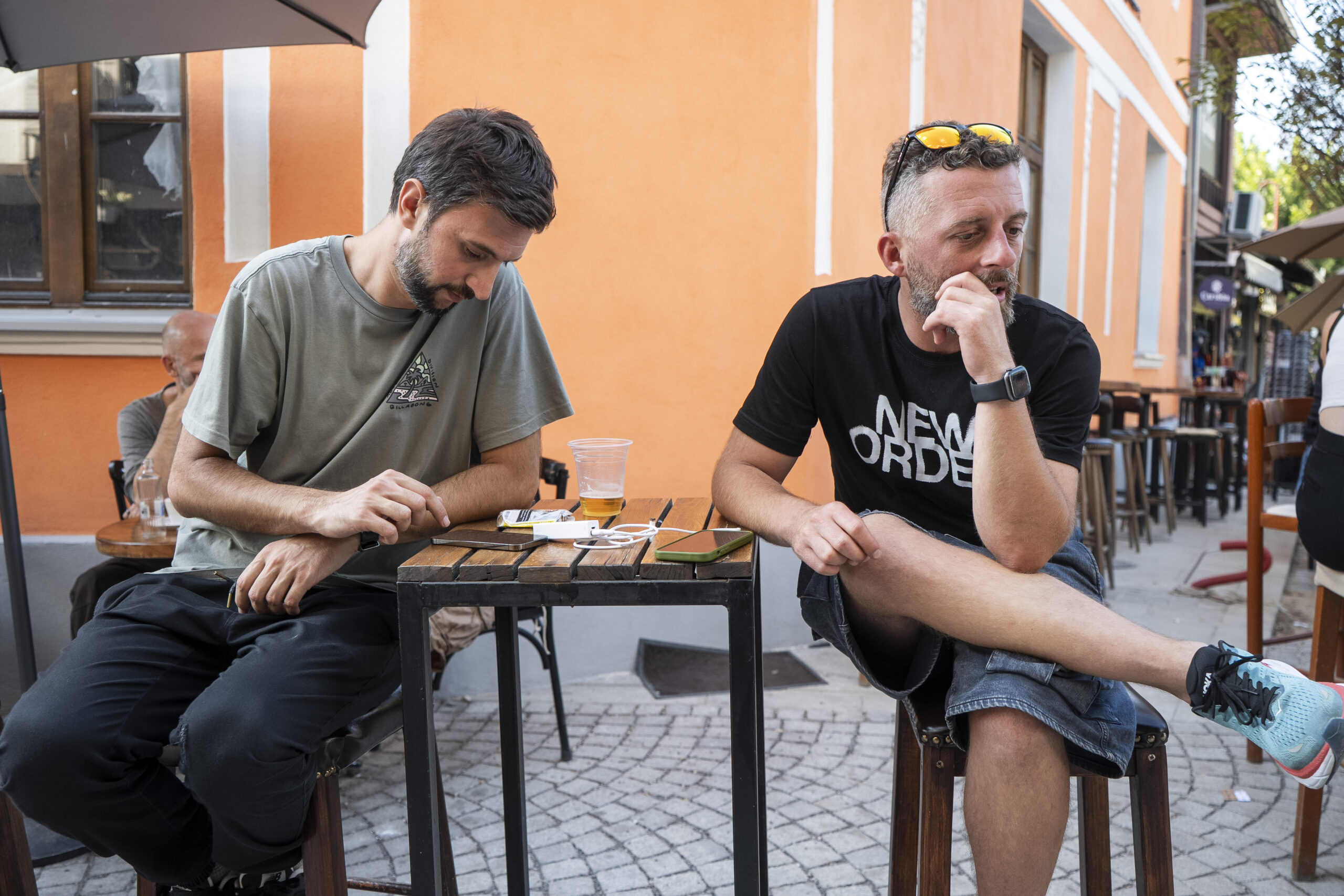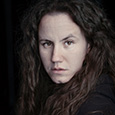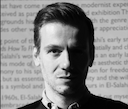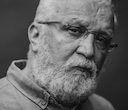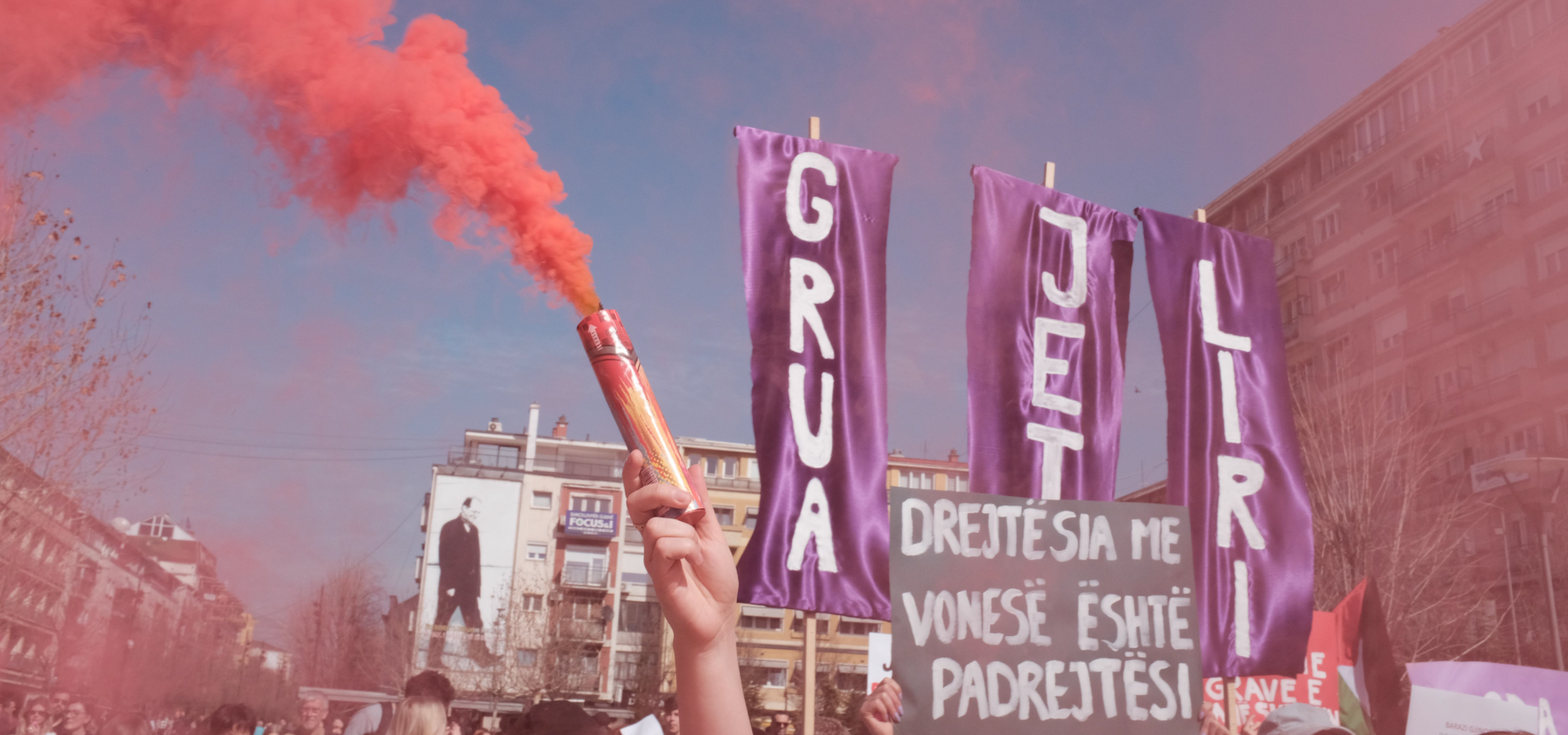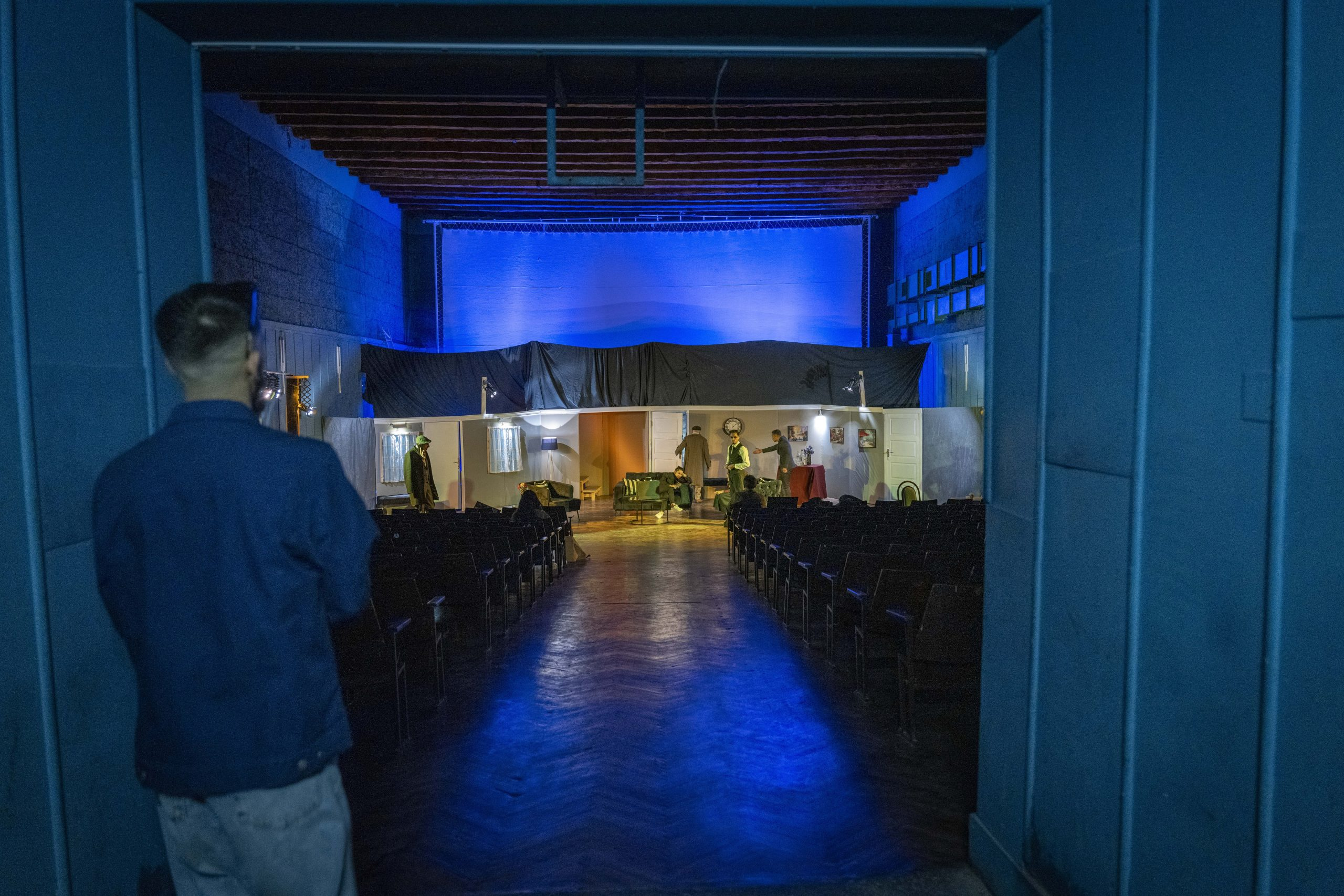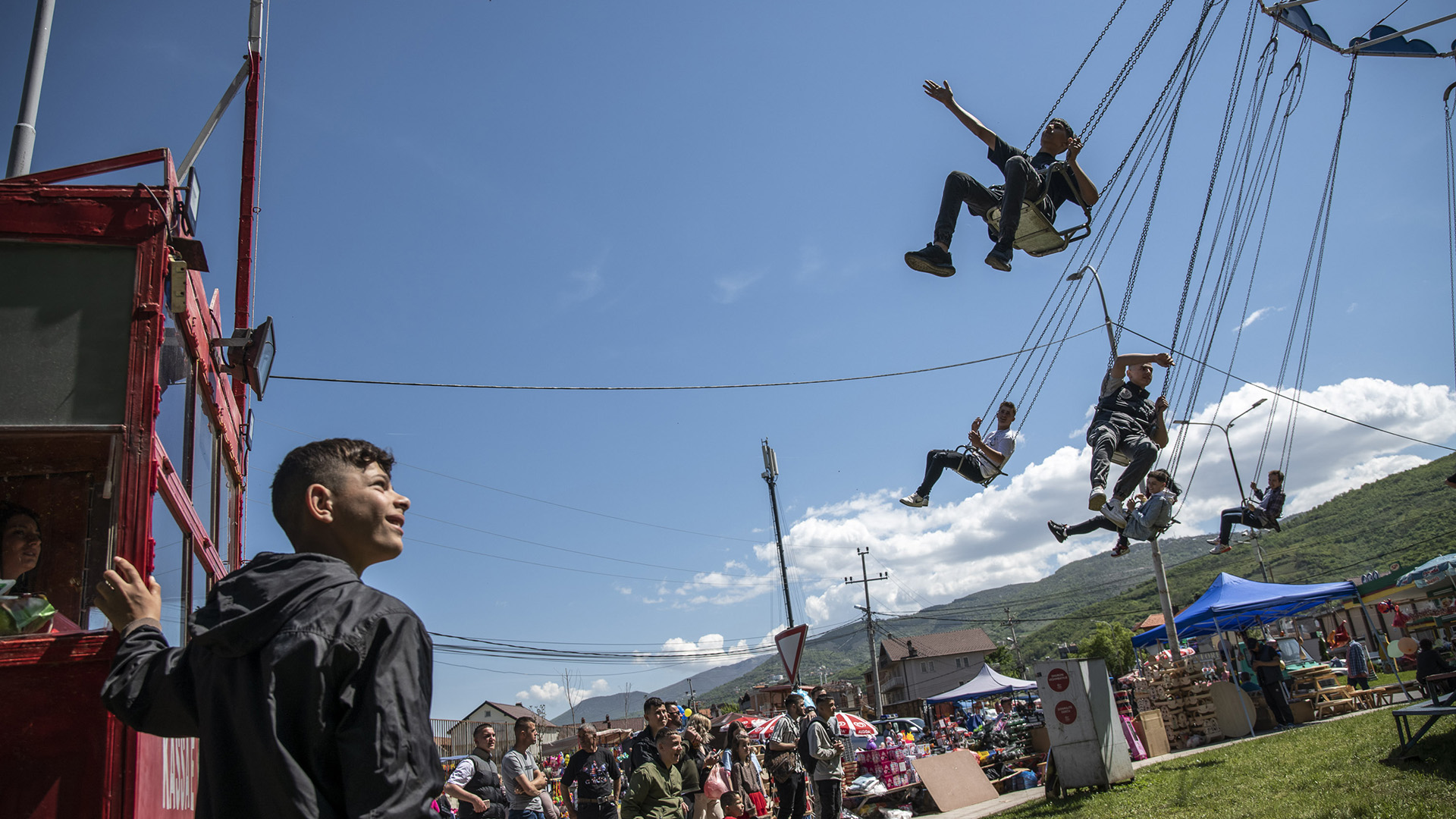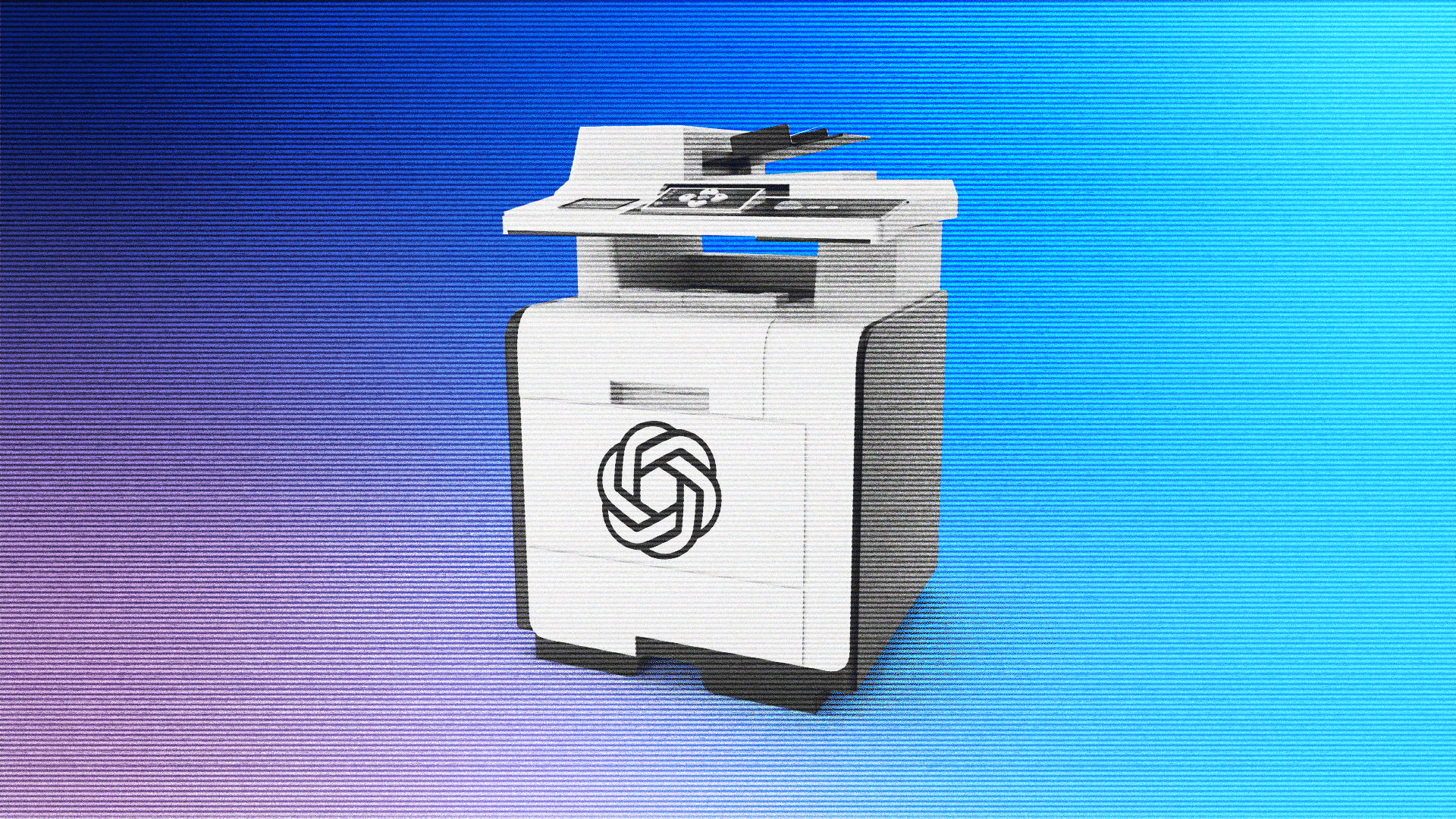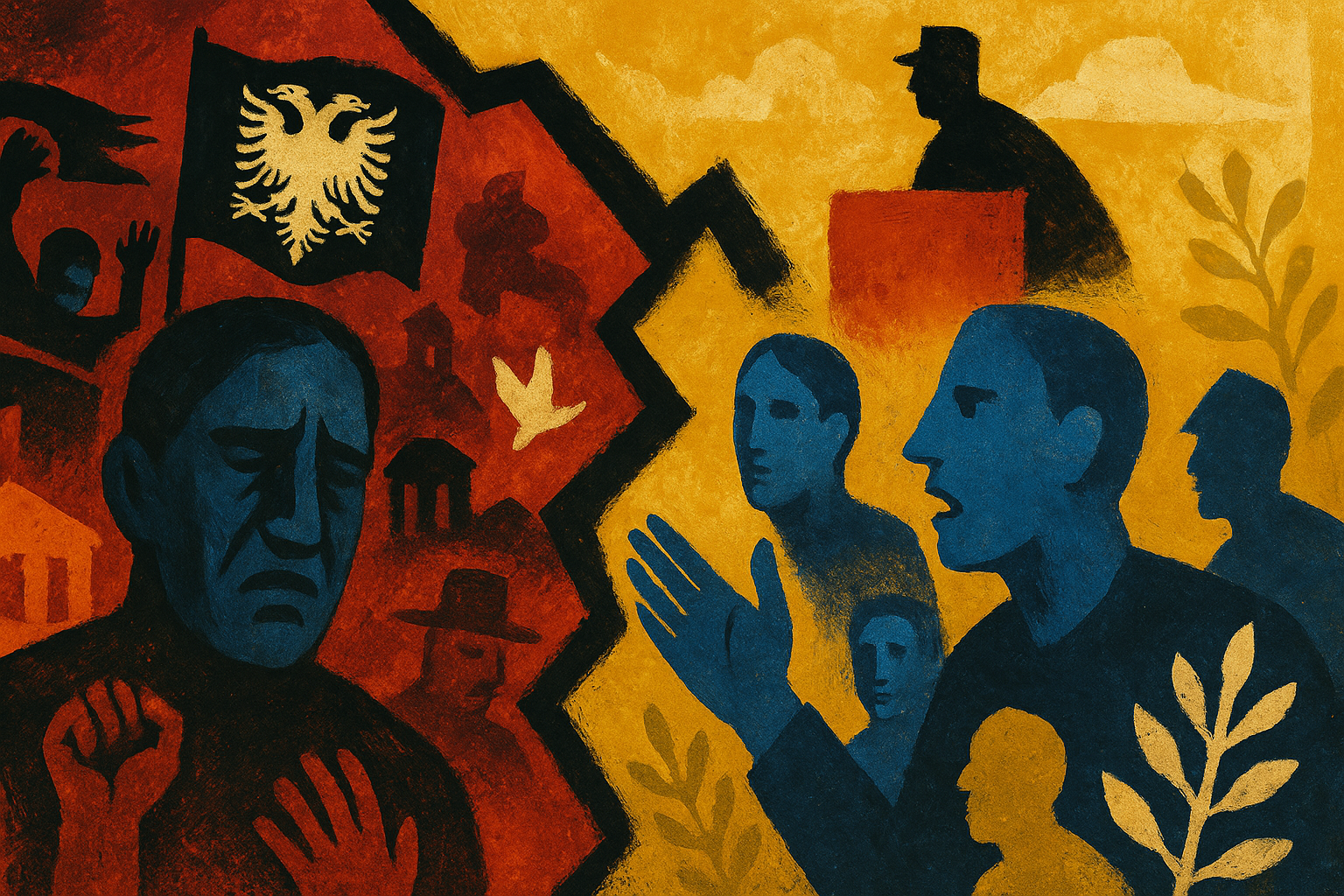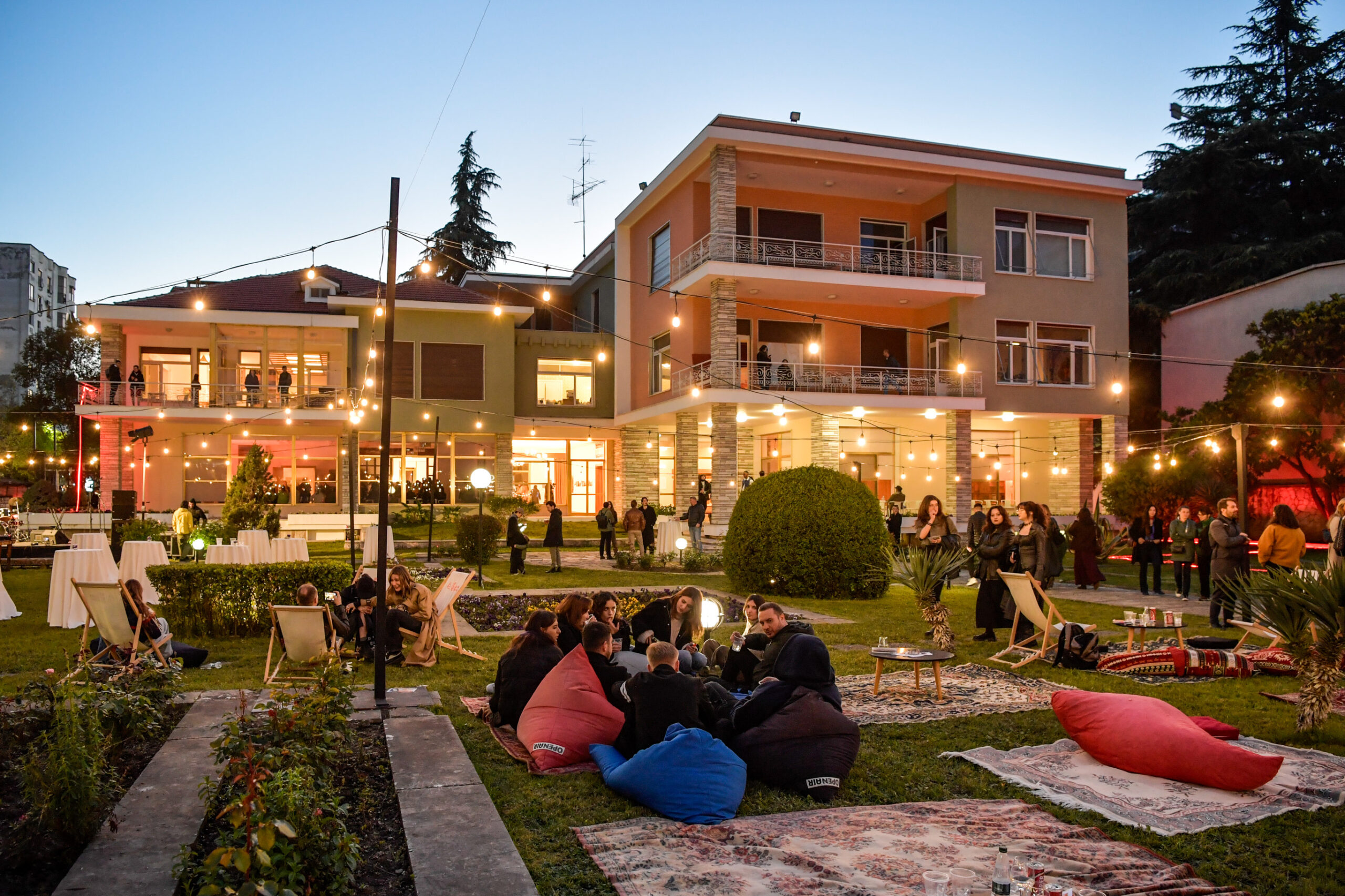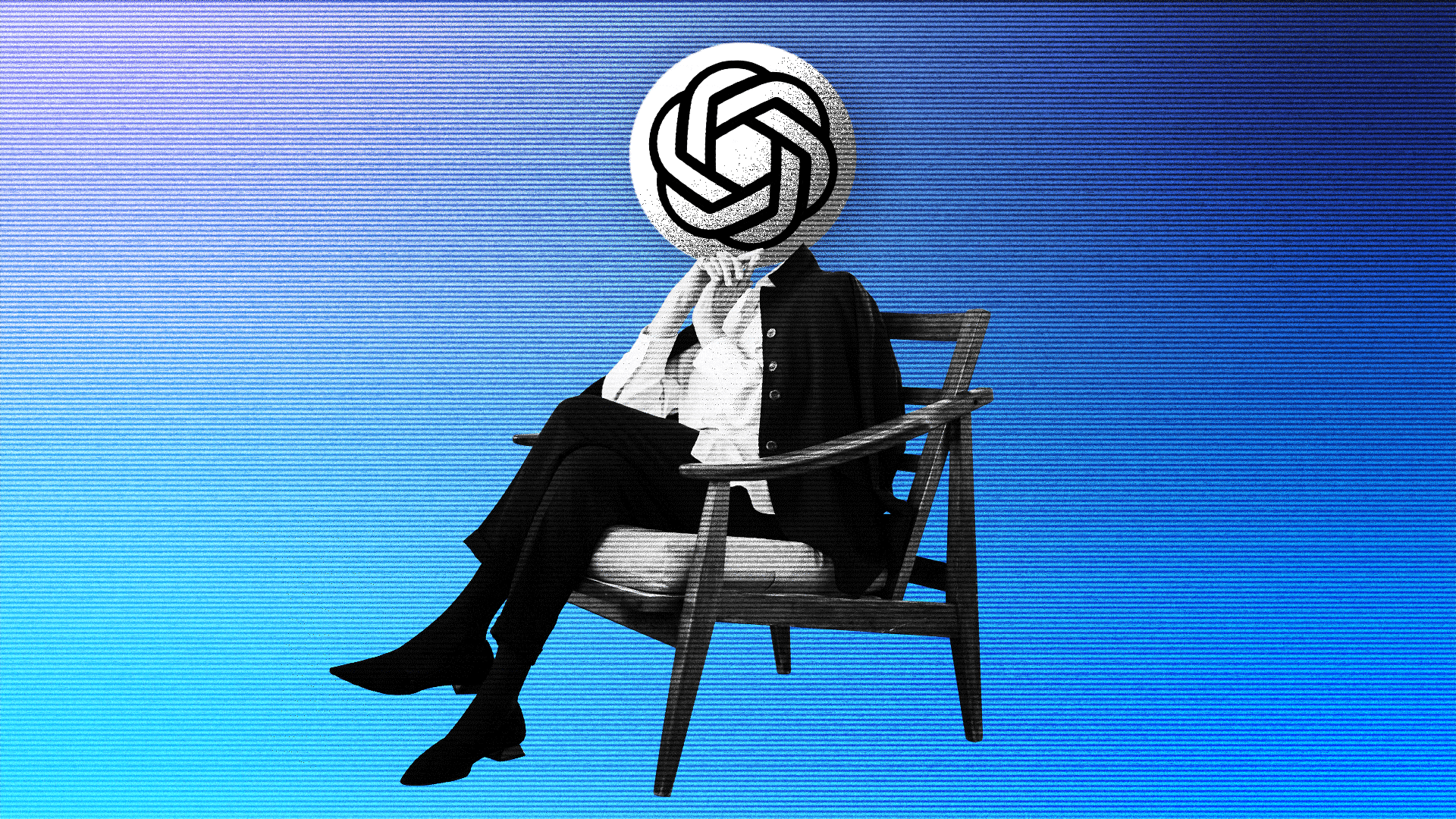KOSOVO2.0

From a de facto colony to a colony de jure
Reaffirming Kosovo’s right to self-determination and independence
In-depth
More
From a de facto colony to a colony de jure
Reaffirming Kosovo’s right to self-determination and independence
Blogbox
More
Pedaling beyond myself
How a bike ride from Vienna to Bratislava became a journey of rediscovering myself after motherhood.
Perspectives
More
Ermela Teli’s documentary as a cathartic process of memory
“A film about the contradictory relationship between human beings and ideology.”
Videos
More
Recommended
The silences and noises of a decade
Become a member of HIVE or consider making a donation.
Photostories
Explore more
Become a member, support our journalism.
At Kosovo 2.0, we strive to be a pillar of independent, high-quality journalism, in an era where it is increasingly challenging to uphold these standards and pursue truth and accountability without fear.
To ensure our continued independence, we are introducing HIVE, our new membership model, which offers those who value our journalism the opportunity to contribute and become part of our mission.
